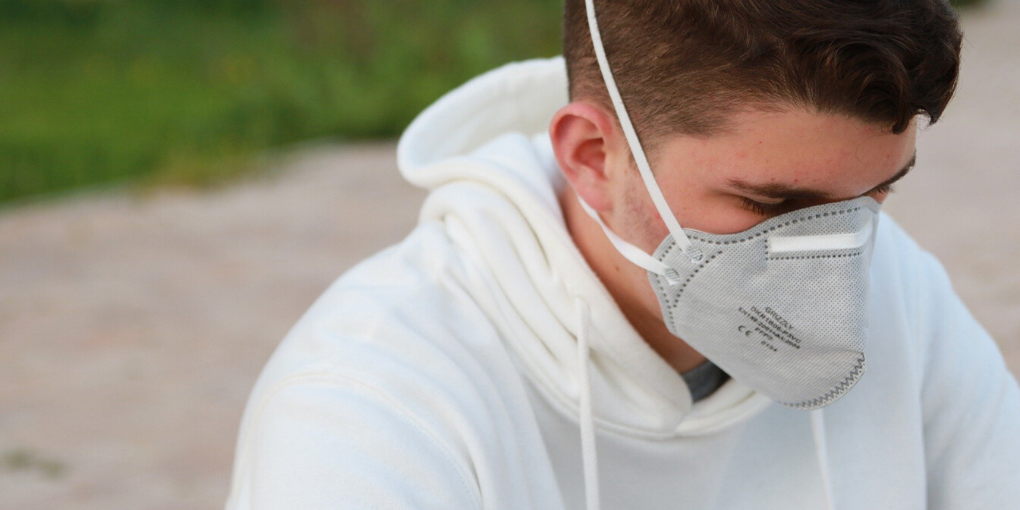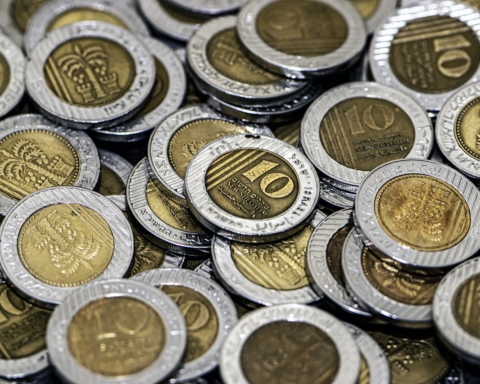In the latest COVID-19 updates, over 2,495 cases have been confirmed. Five fatalities have occurred and 41 are in serious condition. Sixty-six people have recovered. About 900 of the milder cases are being monitored from home, while about 200 medium cases are filling the rooms at empty hotels.
The Health Ministry is enforcing a full lockdown as of Wednesday evening, in effect for seven days. According to a statement from the Prime Minister, citizens are “required to stay at home. It is no longer a request, it is not a recommendation, it is an obligatory directive that will be enforced by enforcement authorities.”

Police forces will monitor the public more closely. Authorities are also dispatched to ensure residents remain in quarantine, as well as break up gatherings over 10 people. Playgrounds have been blocked off, and public transportation is being reduced by 25% to curb citywide travel. The Ministry of Education has announced that remote teaching will continue; however hasn’t clearly communicated practical followup information.
A new technological surveillance measure has been pushed through for approval, which monitors the phone of every citizen, in order to determine if they are abiding by the law, and if they are a carrier of the disease. While privacy is of a main concern, in this emergency situation, the technology could have the capacity to help halt the spread of this virus.
Decisions still seem somewhat blurry between the Prime Minister’s office and the Ministry of Health. While an announcement made on Friday stated that all markets would remain open, Israel’s two beloved markets, the Carmel and Mahane Yehuda in Tel Aviv and Jerusalem, were both shut down on Sunday. Vendors showed to work as usual and were met with police forces requesting all stalls close. There have been curiosities as to why supermarkets can remain open, and the market closed, as it is an outdoor and likely safer place to shop.
Officials seems to be working to place restrictions to protect their citizens; however, with unclear communication and a lack of a centralized team to ensure cooperation, the public is finding it challenging to understand what is allowed. With an abundance of confusion and lack of effective communication between decision makers, Israel may be doing the best it can – but during this severe public health crisis, is it enough?








